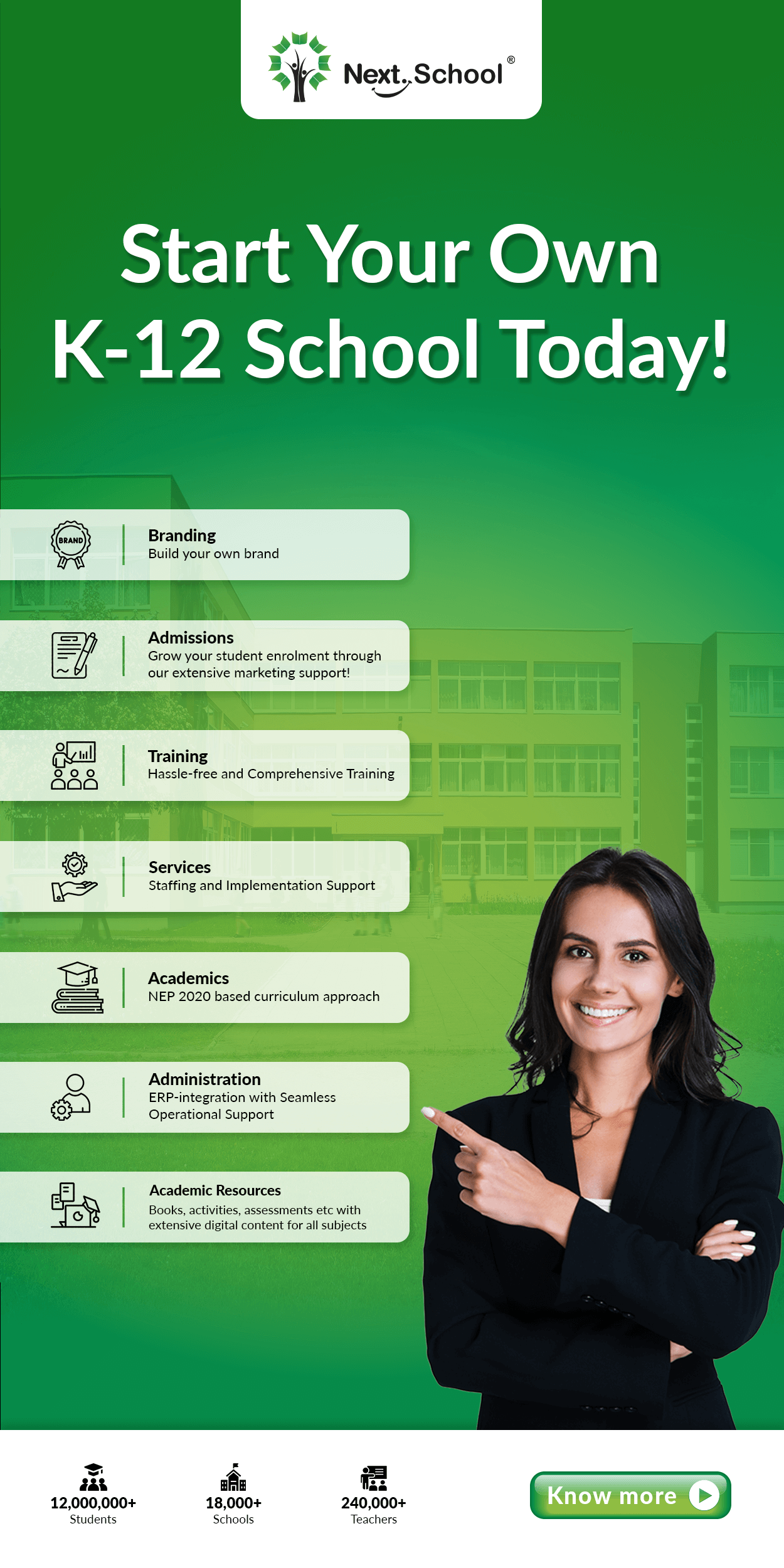Preparing Students for the 21st Century Challenges

BY FOCUSSING ON COMMUNICATION, COLLABORATION, CREATIVITY AND CRITICAL THINKING, WE WILL BE ABLE TO BRING ABOUT A GREAT DEAL OF CHANGE IN THE INDIAN EDUCATION SYSTEM.
PEDAGOGIES TO INCULCATE 21ST CENTURY SKILLS
I believe, that by focussing on communication, collaboration, creativity and critical thinking, we will be able to bring about a great deal of change in the Indian education system. Developing creativity and critical thinking skills of a higher order at an early age could be effective ways of mitigating the learning gaps. In the past decade, creativity and critical thinking skills have been integrated into the kindergarten and the primary school curriculum. Even a country like Finland, which is known to have followed traditional education benchmarks, is reinventing itself by integrating 21st century skills across existing subjects and making learning a collaborative process.
In innovative/modern classrooms, learning is an enquiry-based and project-based phenomena and teachers play the role of facilitators. Their aim lies at making students work in groups and reflect on their own thinking processes to a given situation or problem. These activities enable students to understand fundamental concepts in an intuitive way. In such a setup, teachers are encouraged to group students on the basis of their abilities and students learn by hands-on activities which are not strictly time-bound. Indoctrinating critical thinking and problem solving from an early age blends the academic and social lives of the learners and prepares them for facing future challenges with ease.

There has been a great deal of advocacy over the years for the improvement of the quality of teaching and to make learning more learner-centric. However, the majority of students in India do not get to experience a well-planned, interactive teaching pedagogy. Additionally, our education system is neither linked with the vocations of the future nor is it preparing the children for innovation or real-life situations. The 2005 National Curriculum Framework (NCF) guidelines given by the National Council of Educational Research and Training (NCERT) have tried to implement a child-centred approach in all subjects. The evaluation pattern has been designed to enhance every aspect of the students’ personality. Special consideration has been given to inculcate the qualities required by the 21st century learners, such as creativity, innovation, leadership quality, problem-solving skills and critical thinking approaches.

INITIATIVES TAKEN BY S. B. PATIL SCHOOL
The S. B. Patil Public School has taken various steps to mitigate gaps in the learning process. We have digitised the teaching-learning process to make it more interesting and engaging. It enables students to understand concepts with ease and retain information for a longer period of time. Digitisation makes the abstract concept easier to grasp via audio-visual aids. Digital language, science and maths labs bring the world into the classroom. Moreover, individualised worksheets help to evaluate the skills acquired by the students. Digitisation also enables teachers to keep the parents aware of the school’s activities.
We have also tried to incorporate different pedagogies catering to different learners. In addition, subjects such as maths, science, languages and social sciences are based on the philosophy of ‘learning by doing’. Furthermore, co-scholastic aspects are integrated with scholastic subjects to provide a more holistic approach. We are also trying to integrate social and vocational activities through various club activities and hobbies.
ECO CLUB
The school has an Eco club that arranges cleanliness drives in the labour colonies and tree plantation programmes in the school premises. In this, the instructors explain and carry out the process of generation of organic manure. The Eco club collects and disposes off e-waste and also organises special assemblies to explain the effects of e-waste. The club also organises workshops for teaching students to make eco-friendly Ganesh idols.
LITERARY AND IT CLUBS
Similarly, the Literary club aims at improving the writing skills of students by arranging dramas, mono acts, speeches, debates, recitation events, and publishing a quarterly newspaper. We have also started activities that promote video journalism and launched a school radio station. The IT club focuses on the use of various tools, such as Photoshop and Microsoft Office. It also trains students to work on PowerPoint presentations, create cartoon strips and learn web designing.
ART AND CRAFTS
Both male and female students are taught stitching, embroidery and jewellery-making.

HANDS-ON LEARNING
Our projects and games are designed to inculcate the attributes of leadership and teamwork in students. Science and robotics enhance their innovation skills. Keeping in mind the rapid globalisation, foreign languages are taught to students and , trips are organised to foreign countries. In addition, experts from foreign countries are invited to provide different perspectives to students on various topics. Field visits and educational trips to farms and industries are also organised to keep students connected to real life. Moreover, vocational workshops are conducted to provide an insight to the students about various vocational skills and unlock their potential to succeed in any field. Doctor visits are held to keep the students aware of health issues and the latest developments in the field of medicine. Furthermore, students are trained in yoga, meditation, karate and many indoor and outdoor games to keep childhood obesity at bay.
A complete teaching-learning process has been constructed by S. B. Patil Public School to meet the future requirements of students. We have adopted new pedagogies successfully to adapt our students to the challenges of tomorrow.

